As we enter the second half of 2021 in earnest, the excitement from the “Summer of American Express” has settled down a fair bit.
Those who had taken action on the unbelievable summer offers are now patiently chipping away at the spending requirements, whereas those who had missed out may still consider some fairly strong offers as a consolation prize.
With American Express taking a well-earned rest after stealing the show this summer, I wanted to share some forward-looking thoughts and predictions on the Canadian credit card landscape in the rest of 2021 and beyond.
Specifically, with an ever-growing volume of business to compete for in the post-pandemic era, will Canada’s Big 5 banks put up a meaningful fight in terms of their rewards offerings? Or will they remain on the sidelines and let American Express win by default?
“Revenge Travel” Is Coming, But It’s Not Here Yet
With the sky-high prices we’ve seen on summer domestic travel, it might feel like the much-anticipated resurgence in demand for travel is here already. But I don’t think we can safely say that “revenge travel” is here just yet, until international travel resumes in full force – and it’ll still be a while until that happens.
Delta and other variants continue to fuel rising case counts in many countries around the world, especially following the loosening of restrictions when cases had come down back in the spring and summer. The same pattern had played out in 2020 as well, and one has to wonder how many more cycles of this we’ll have to go through.
The big difference this year? Vaccines are doing their work, helping to keep hospitalizations and deaths lower around the world despite rising case counts, and making enough of an impact to persuade more and more governments around the world to open borders to the fully vaccinated.
Still, the idea of international travel remains laden with uncertainty – whether it’s travel restrictions that can change at a moment’s notice, costly mistakes that a traveller themselves might make, or the big-picture spectre of rising case counts contributing to potentially more fearsome variants of the virus.
Those who do embark on international trips at this time – and there are plenty of us – are comfortable living with these uncertainties while we’re out and about. Yet, we’re very much in the minority, as most casual travellers are happy to continue waiting until travel is less stressful in the future.
For that to happen, we in Canada will have to wait for other countries to catch up on the vaccination front over the coming months and years. We’ve seen the early signs of the phenomenon, but make no mistake: we’re still far from the peak of “revenge travel”.
American Express Has Made the Early Moves
Despite the fact that travel’s resumption remains in a holding pattern rather than cruising in smooth airspace, American Express has already put on the afterburners.
Not only did they shake up the Canadian credit card market with 150,000-point offers this summer, but their revamped Cobalt Card is set to blow the competition out of the water. Indeed, with 5x points on eats and drinks that can be transferred to airline partners, the Cobalt Card is poised to serve as every Canadian household’s gateway to elevated travel.
If two members of the household can maximize the $30,000 limit on each of their Cobalt Cards (by leveraging gift cards to extend the spending categories to all household purchases, if necessary), they’ve collected 300,000 Aeroplan points right there – enough to cover round-trip business class flights to Europe or Asia, year after year. No other card comes close – not even Aeroplan’s own co-branded credit cards.
Furthermore, not only has American Express already taken early action to sweep us off our feet in the post-pandemic travel recovery phase, but there are hints that there could be bigger and better things still to come.
The Gold Rewards Card has been temporarily discontinued in advance of an anticipated relaunch. With the Cobalt Card clearly marketed for mass appeal, the Gold Rewards Card appears set for an upmarket move, perhaps with a higher fee, improved benefits package, and a new glossy finish.
On a similar note, the current status quo appears untenable for the Platinum Card in its current form. Its 3-2-1 earning structure is put to shame by the Cobalt Card’s all-powerful 5-3-2-1 setup, which surely leaves current cardholders – who are paying Canada’s highest credit card annual fee of $699 – questioning whether their loyalty is justified.
Along with the recent change to the US-issued Platinum Card and the historical tendency for Amex Canada to follow its southern neighbour’s lead, and many signs are pointing to a potential revamp of the Platinum Card, too – if I were to speculate, perhaps in 2022, since I imagine the relaunch of the Gold Rewards Card might take priority.
What’s more, American Express hasn’t acted alone in their gung-ho approach to capturing market share in these early post-pandemic days. They’ve had a very eager partner in the form of Air Canada and Aeroplan, itself recently relaunched as of November 2020.
With virtually zero competition in the Canadian loyalty market, Aeroplan has effortlessly secured a dominant standing among Canadians who are interested in maximizing their rewards points.
Air Canada’s leadership has signalled in the past that their partnership with American Express allows them a lot more freedom to innovate in the market compared to their partnerships with TD and CIBC – and that’s yet another reason why I think American Express still has more surprises in store for us as we navigate the post-pandemic recovery period.
The Big 5 Banks Have Been More Moderate
Let’s now turn our attention to Canada’s Big 5 banks, who have largely taken a backseat to American Express in the rewards landscape over the past few months. Now that Amex is taking a moment to recharge, can the Big 5 stake their claim for a greater slice of the post-pandemic travel rewards pie?
Now, it wouldn’t be fair to say that the Big 5 banks have done nothing while Amex has been spoiling us silly. TD and CIBC have both brought their Aeroplan welcome bonuses to record-high levels, while RBC has done the same with their Avion products across all three personal credit card tiers.
Similarly, Scotiabank has come flying out of the gates with very impressive welcome bonuses on their Scotiabank Gold Amex and Scotiabank Passport Visa Infinite products, continuing to serve a secondary but important role in many points collectors’ strategies.
But by and large, the big banks’ moves haven’t been as coherent or assertive as what we’ve seen from American Express.
Whereas Amex can count on equally ambitious airline partners in Air Canada and Aeroplan to meet Canadian travellers’ needs, RBC instead has to make do with WestJet as their co-branded credit card partner – an airline that, rather than taking advantage of Aeroplan’s transition period to put up a challenge, slinked back to the shadows in the face of opportunity.
Meanwhile, the only reason we view TD and CIBC’s credit card offers as highly compelling at the moment has nothing to do with TD and CIBC themselves. Instead, it was Aeroplan that generously implemented the ability to convert the Buddy Pass into 30,000 Aeroplan points, thus indirectly boosting the welcome bonuses to all-time-highs.
(And the less said about BMO – the bank who implemented a strategy of launching new flagship travel rewards cards at the height of the pandemic, only to devalue them six months later – the better.)
Having said that, Canada’s Big 5 banks have traditionally been fairly conservative and risk-averse, and their more measured approach is indeed understandable with the lingering uncertainty around COVID-19, vaccines, and variants.
Expect More of the Same
The differing approaches taken by American Express and the Big 5 banks very much reflect their distinct roles in the market.
American Express is a company built around a certain upwardly-mobile lifestyle of frequent travel, dining at popular establishments, and living with a global mindset.
As you can imagine, the pandemic ground all of that to halt, severely impacting American Express’s business in the first half of 2020. It’s no wonder that American Express is hungry to acquire users and retake their position at the first available opportunity, even if there may be some level of risk that the pandemic could yet worsen from here.
On the other hand, the Big 5 banks are known for their track record of caution and conservatism – and as a result, their resilience in the face of challenging market conditions.
Their operations are just as huge as they are highly diversified, with personal and business credit cards and rewards programs only a fraction of their overall business.
By setting aside sufficient capital in the early stages of the pandemic, the Big 5 banks emerged from 2020 with rising profits – any impact to travel rewards credit cards having been absorbed by the rest of the well-oiled machine.
Compared to American Express, the banks may be slower, less flexible, and less innovative by their very nature. As much as we insatiable points collectors would love to see “Summer of Amex” levels of welcome bonuses from the Big 5, I just don’t see that as being very realistic.
As we continue to navigate the post-pandemic travel recovery in 2021, 2022, and beyond, I’d very much expect similar patterns to play out in the issuers’ movements in the market.
I look forward to seeing what American Express’s next cycle of major movements will look like, between the transition of their Gold and Platinum series of personal credit cards and any new products or features that they may introduce.
At the same time, I think the Big 5 banks do have room to raise the bar higher – I’d expect TD to step up their game after August 16 with the Aeroplan co-branded credit cards, for example – but I don’t think they’ll go higher by all too much.
The good news about the Big 5 banks? Well, there’s five of them. Even if their offers don’t individually shine as bright as American Express, they’ll always be very powerful if you’re willing to play the field and make them all work for you.
Conclusion
After dazzling and delighting us this summer, American Express is taking a breather before gearing up for its next big moves in the credit card landscape.
Even though I’d love for the Big 5 banks to raise their game to equal levels in response and hand out 100,000-point welcome bonuses like candy, I believe it’s more likely that they’ll continue to take a measured approach as travel continues along the road to recovery.
While the big banks will look to put up a fight as they compete for business amidst the post-pandemic travel boom, there’s no denying that American Express is very much poised to make the biggest splashes and reap the greatest rewards over the coming years, given that they had also suffered the most during the dark days.
And as points collectors, we’ll continue to look out for the best of both worlds: game-changing offers and benefits from American Express, and a steadier but smaller stream of points and rewards from the rest of the pack.


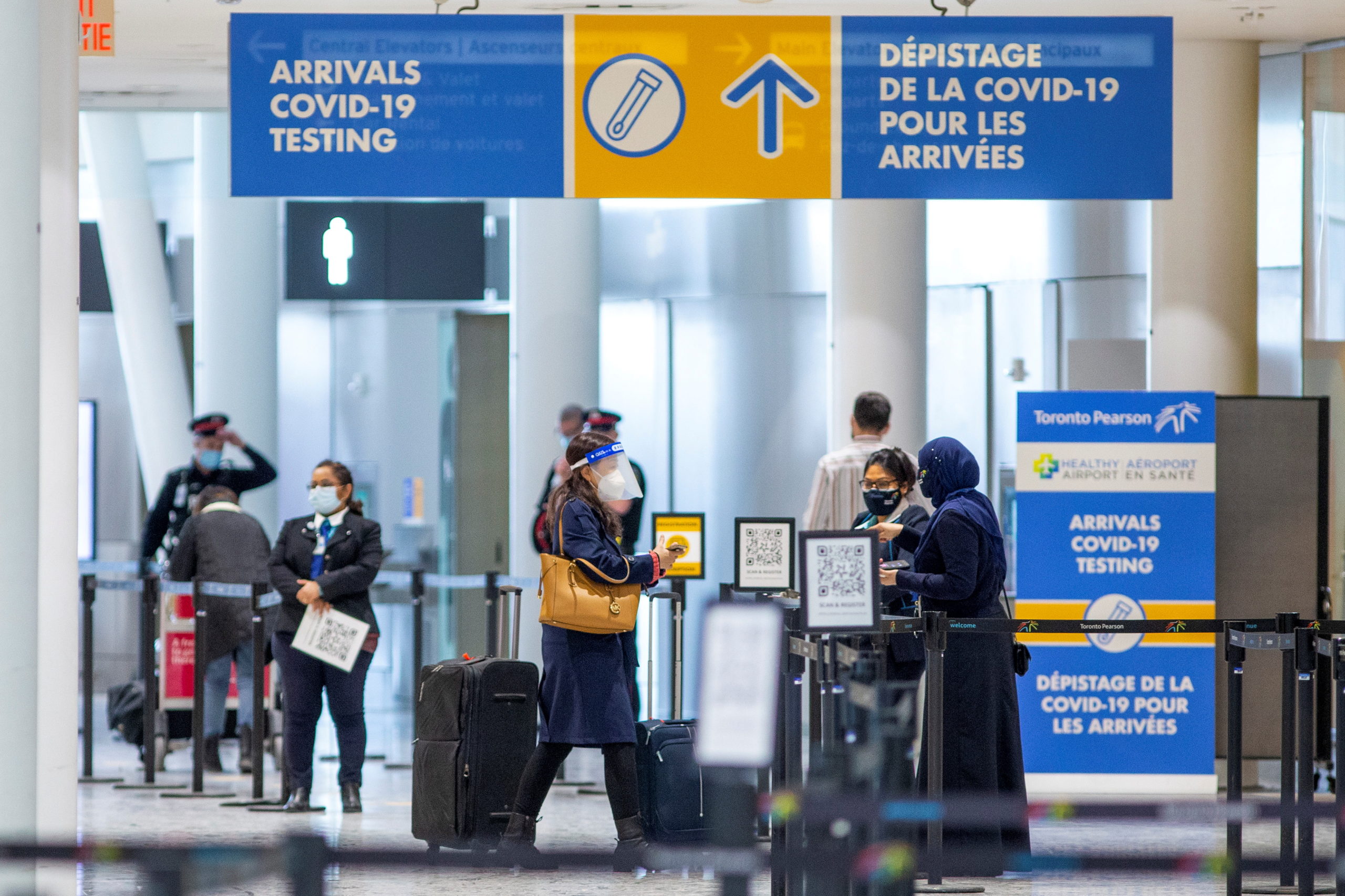



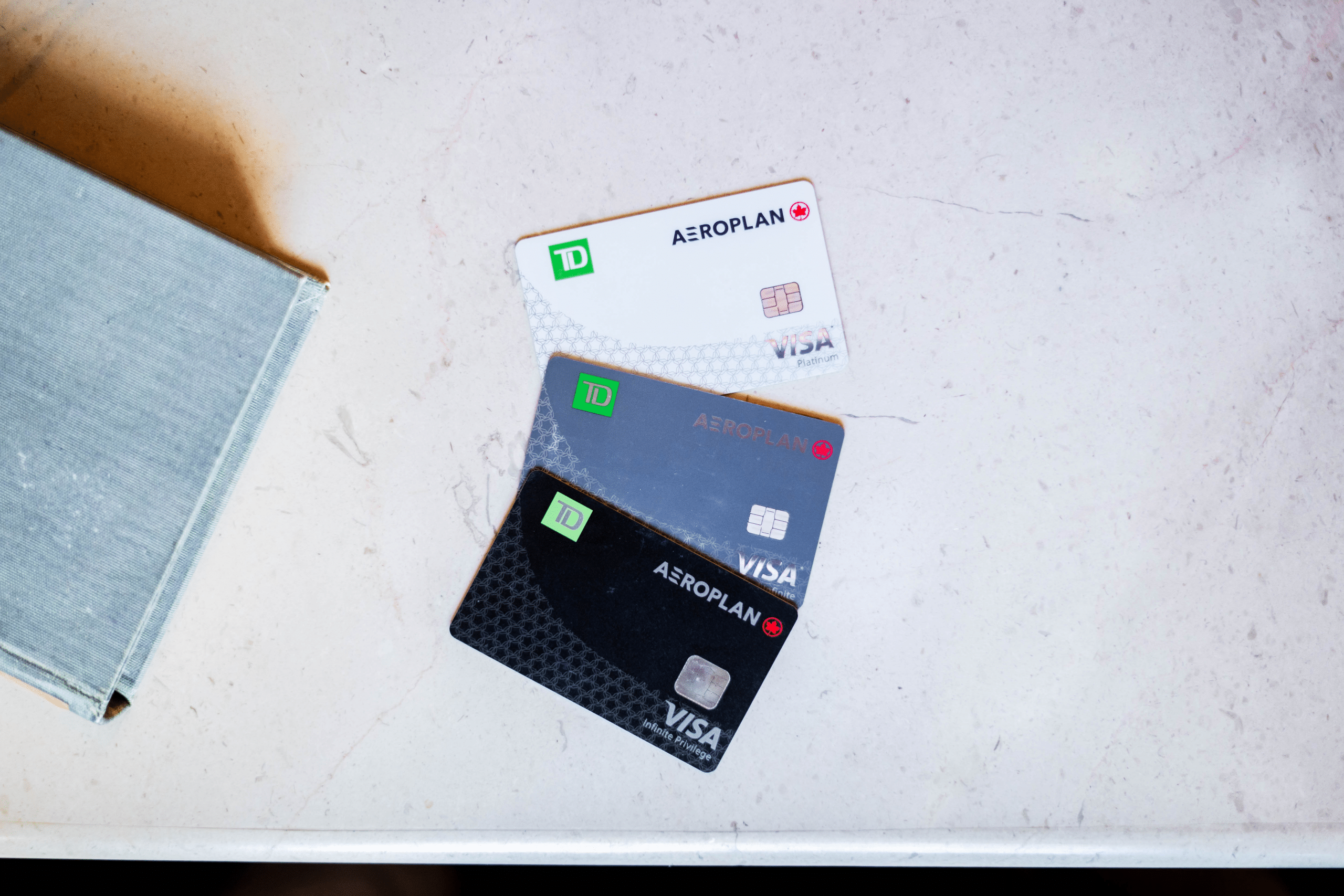
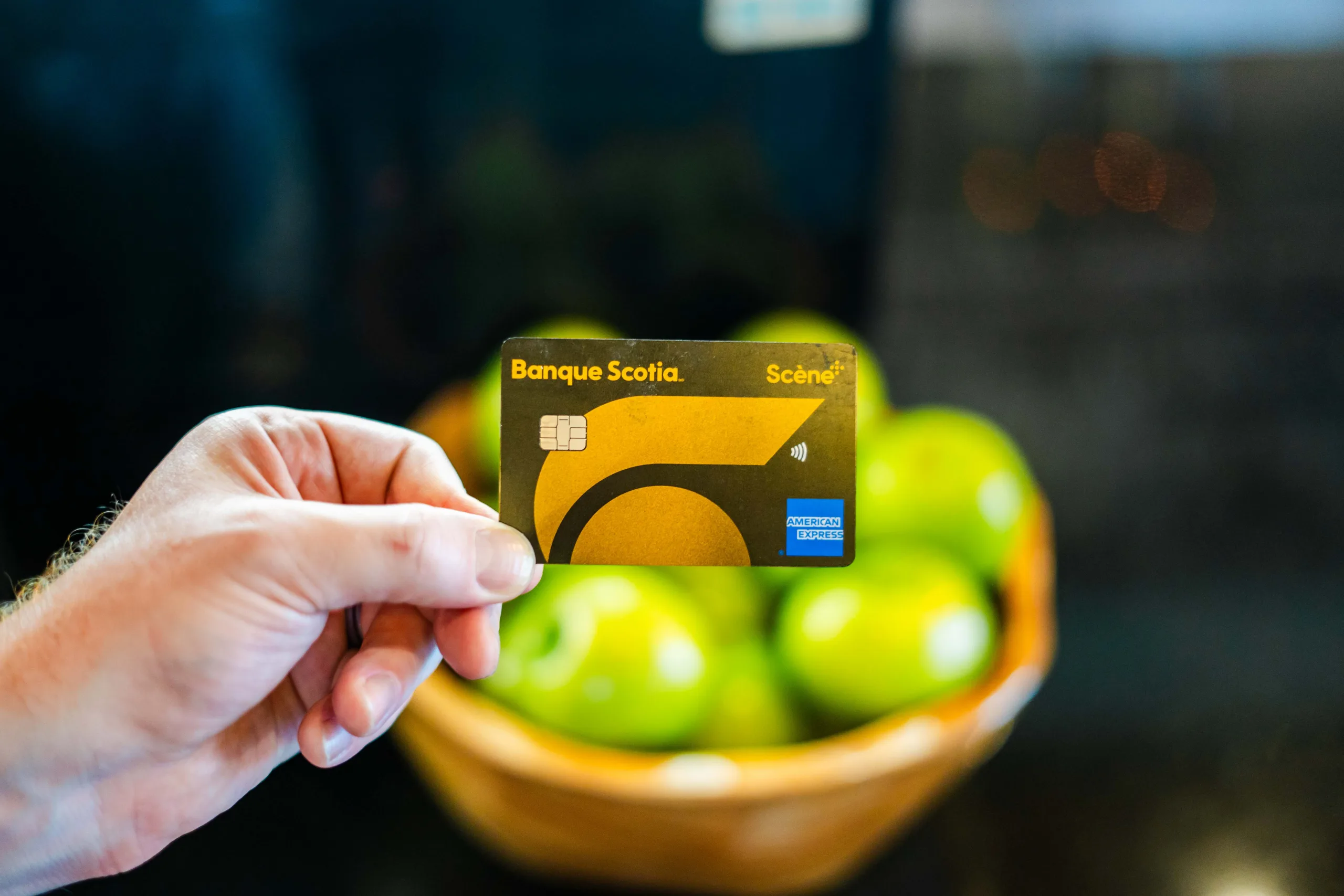
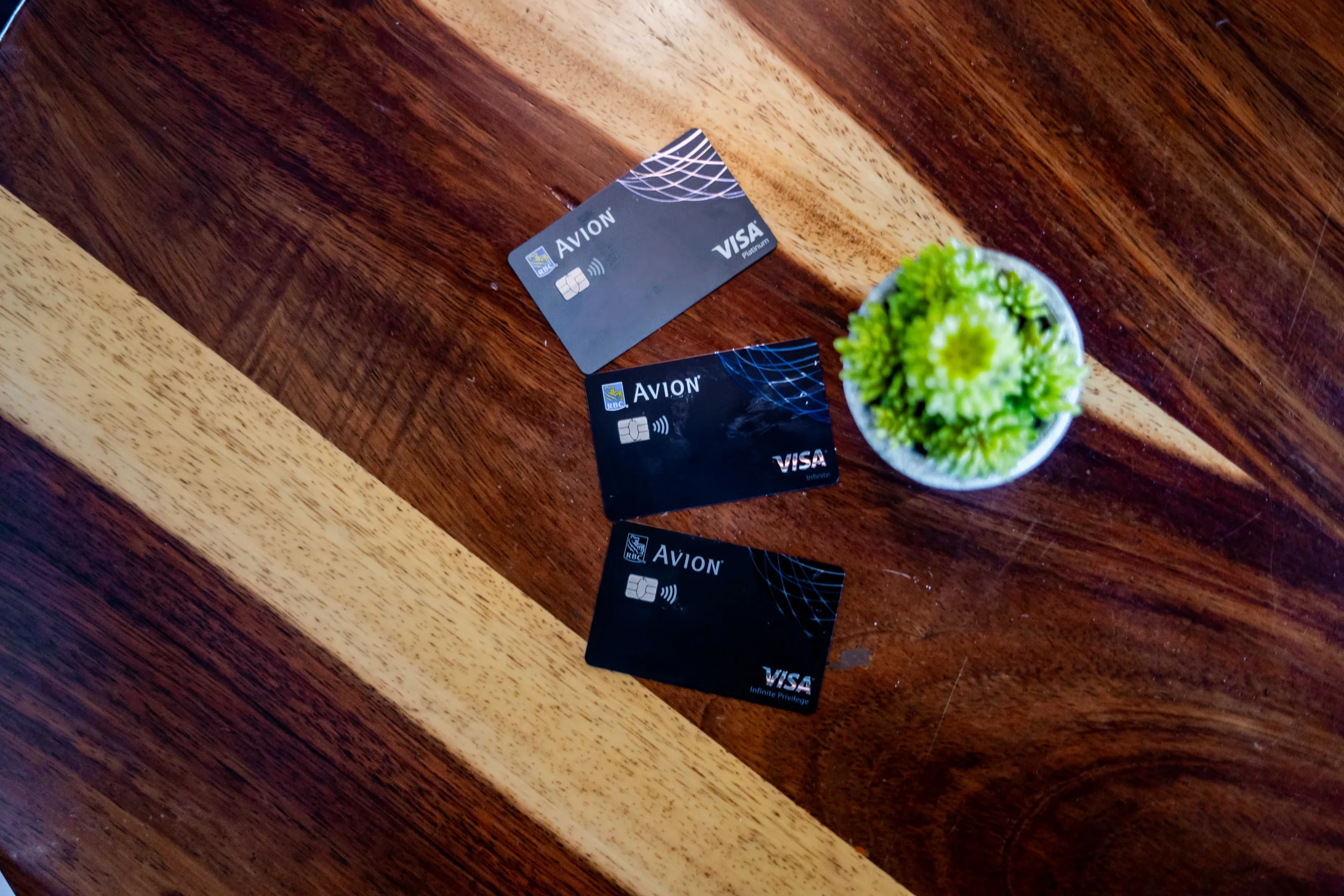
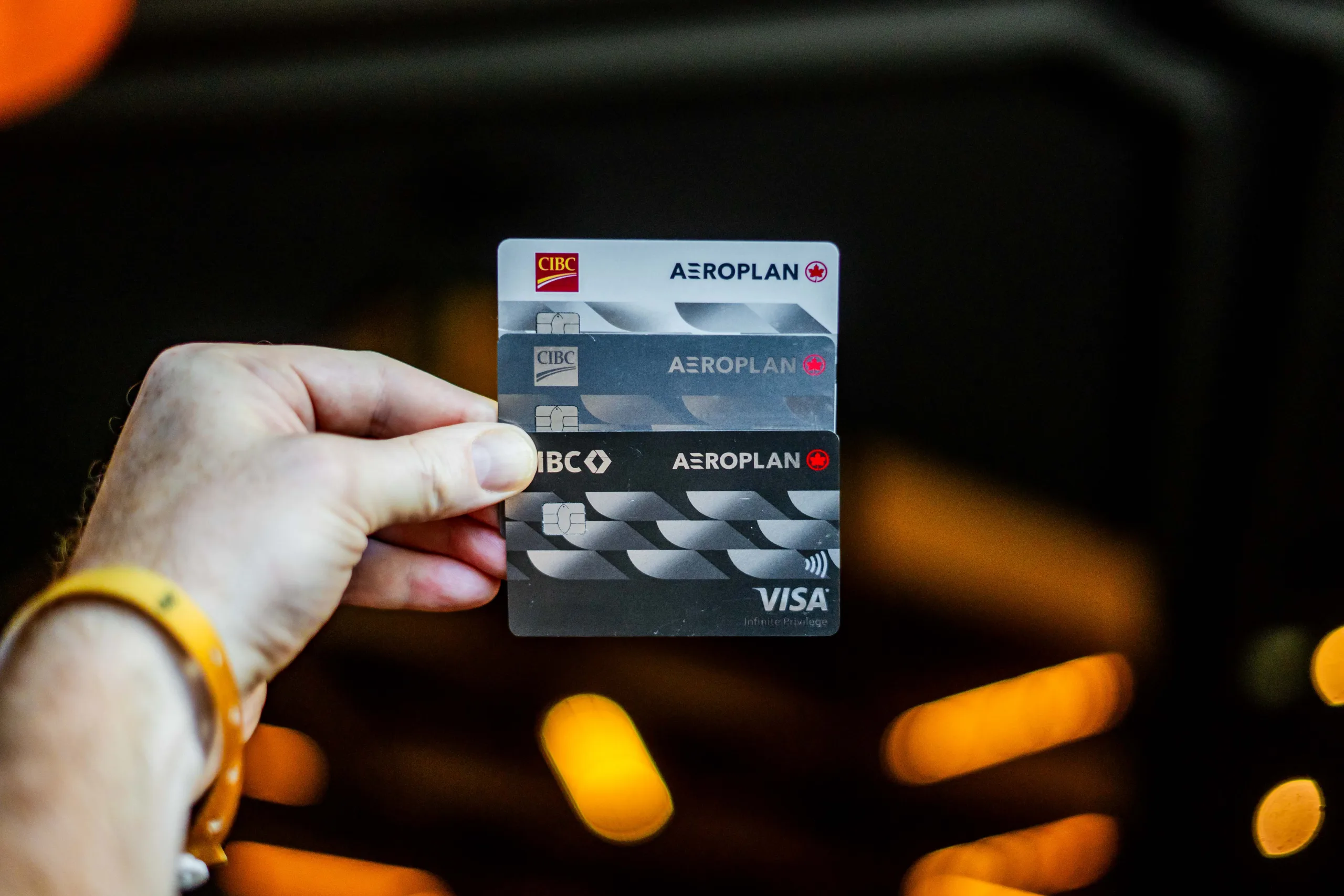
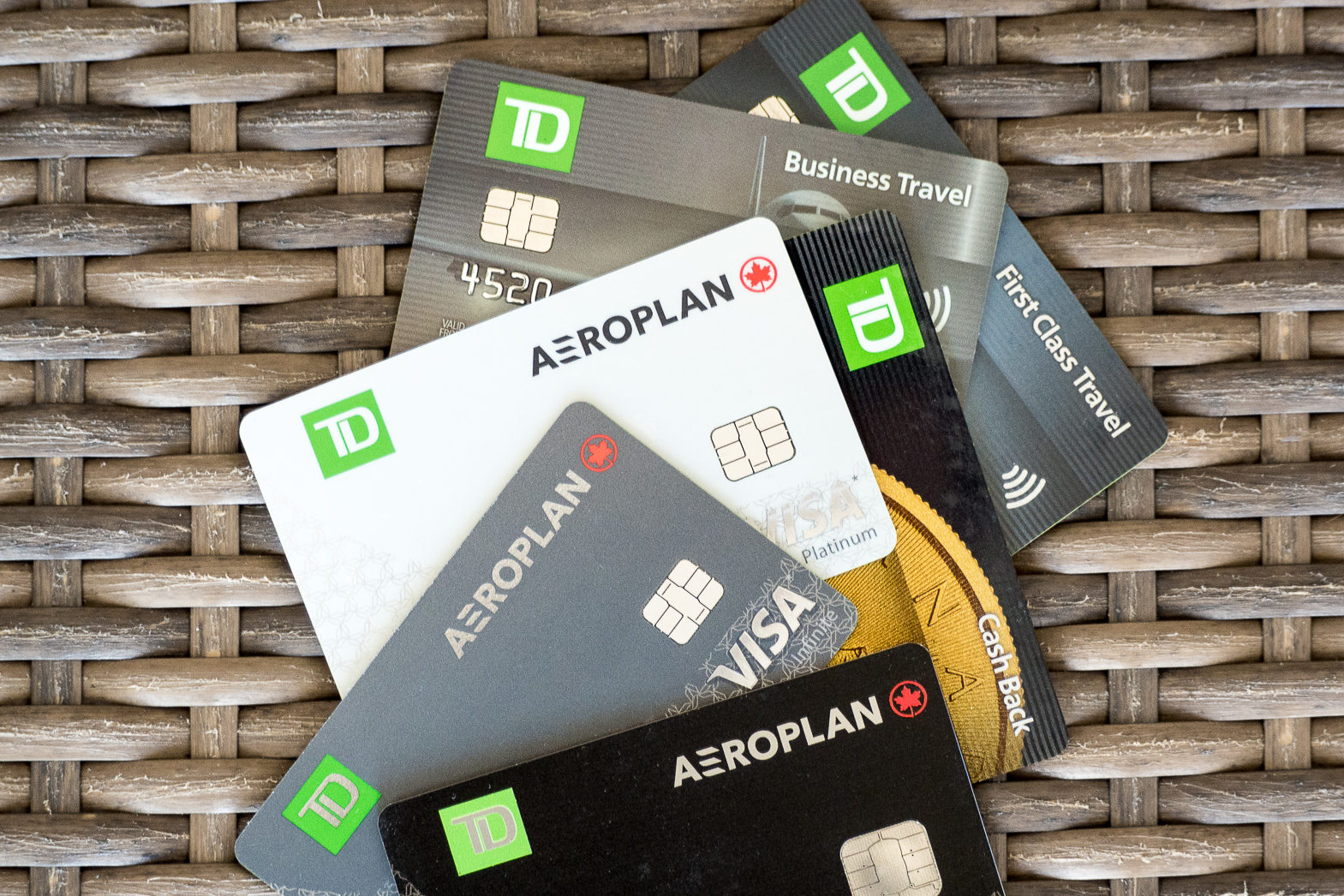













what is missing in my eyes (Still) is no FX fees that the US AMex has….
Yes, that’s a big weakness in our market. As long as four of the Big 5 continue to hold out though, I can’t see it changing much.
I want to see more co-branded hotel cards like with Hilton, Choice, IHG, Hyatt.
The USA has them all and even though they all do business up here we don’t have the credit cards. It would also be nice if MGM would make their Mlife MC available to Canadians like Caesars does with their Visa.
Hear hear, Harry!
It doesn’t surprise me that AMEX is trying the hardest to engage their customers because they have the most to lose. Unlike other banks in Canada, it only has two main revenue streams issuing credit cards and providing merchant services. They don’t offer consumer bank accounts, mortgages among other things like the big 5.
Having said that, competition in the marketplace is always good. I’d also like to see more cobranded credit cards maybe with Hotels.com or Travelocity
I would like to see Canadian Versions of American Express Hilton, Choice Hotel cards, United Airline or Delta Airline
Hilton seems the most likely out of the bunch. Despite Amex’s gung-ho approach, though, they’d have to take things to a whole new level to bring a brand-new co-branded series to Canada.
Another good article! I would like to see some more co-branded cards up here: Hilton, hyatt for example. Also, would love to see Accor come out with a card and market up here based on the Fairmont chain. And please, Chase, please return!
Yes I love the Accor hotels in Europe but you have to spend lots to get any perks/points.
Some more movement from Fairmont would be nice, for sure.